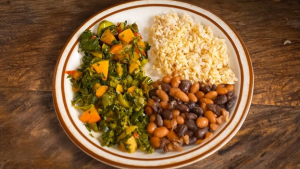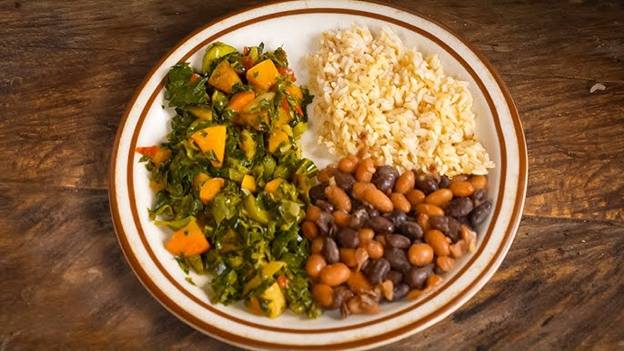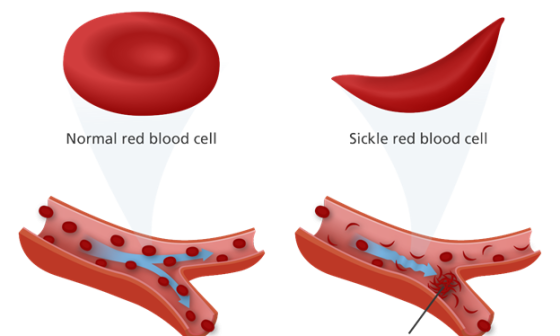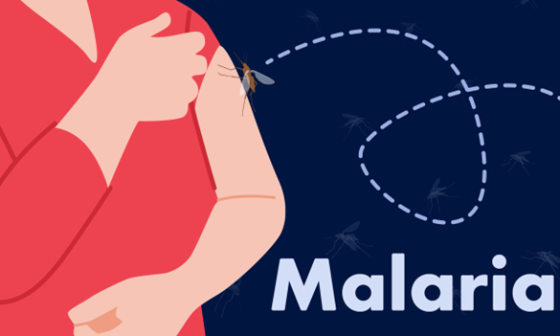Introduction
In a couple of days, World Diabetes Day will be celebrated, and this article helps to discuss diabetes-friendly meal plans. Proper nutrition plays a role in the management and reversal of diabetes and pre-diabetes, respectively. It is important to remember that maintaining blood sugar control while living with diabetes necessitates a careful balance of nutrition, exercise, and medication.
Meal planning and prepping are essential to getting the nutrients necessary to prevent, manage, and control diabetes. Planning healthful meals that help control blood sugar doesn’t have to be complicated. Enjoying nutritious and fulfilling meals is possible with the right advice and small lifestyle changes.

Credit: Global Health Media Project
Meditrina by Wellahealth can assist you on your path to improved health! Remember that every person has different dietary demands. For individualized dietary advice, speaking with a medical expert or certified dietician is imperative.
This article aims to guide you and offers sample meal plans that are diabetic-friendly and are specially designed with Nigerians in mind, emphasizing regional flavours and ingredients.
Key Elements To Consider When Meal Planning for Diabetes
Before considering a meal plan/option as healthy or beneficial there are essential elements you must consider whether as a non-diabetic, diabetic, pre-diabetic, or caregiver for a diabetic, they include:
- Portion Size: To avoid blood sugar spikes, the meal must contain an adequate portion size of healthy fats, proteins, vegetables, and carbohydrates.
- Limit Processed and Added Sugars: Avoid foods that are heavy in refined carbs and added sugars such as candies, packet juices, sweets, and biscuits
- Minimal GI (Glycaemic Index) Foods: Select meals like oats, eggs, whole grains, and legumes (peas, beans) that have a slow rate of digestion, which causes blood sugar levels to rise gradually.
- Consider Fibre-Rich Foods: Choose foods high in fibre to aid in better digestion and blood sugar regulation like cassava and its products (garri), yam, and potatoes.
- Incorporate Healthy Fats: Include heart-healthy fats in your diet, like those found in nuts, seeds, and seafood.
Tips For Preparing Meals That Are Diabetes-Friendly
- Stay Hydrated: Drink plenty of water throughout the day to help with digestion and blood sugar stabilization.
- Minimise Processed Foods: Steer clear of items like soft drinks, processed snacks, and quick noodles that are heavy in added sugars, sodium, and bad fats.
- Consume More Often and Smaller Meals: Maintaining constant blood sugar levels can be achieved by eating 5–6 small meals throughout the day as opposed to 3 large ones.
- Select Whole Grains: Reduce excessive consumption of white rice, bread, and dishes made primarily of cassava and instead choose meals like brown rice, whole wheat, and unripe plantains.
- Be Aware of Carbs: Try to distribute your daily intake of carbohydrates fairly by keeping track of how much you consume at each meal. In order to reduce blood sugar spikes and slow down digestion, pair carbohydrates with protein or healthy fat.

Credit: The Guardian Nigeria
A 3- Day Sample Diabetes-Friendly Meal Plan
Day 1
- Breakfast:
- Akara made with minimal oil paired with a side of vegetable salad for added fibre.
- Water or Black coffee (without sugar).
- Lunch:
- Okro soup (filled with fibre) with a small portion of a swallow (e.g. made from unripe plantain flour).
- Water or unsweetened Zobo (hibiscus tea).
- Snack:
- A small bowl of pawpaw (papaya) or watermelon (moderate portion to avoid excess natural sugars).
- Dinner:
- Chicken pepper soup with a small serving of boiled sweet potatoes. Sweet potatoes have a lower glycemic index than regular white potatoes, making them a better choice for blood sugar control.
Day 2
- Breakfast:
- Moi Moi (steamed bean pudding) is made from black-eyed beans it is high in protein and fibre and can be served with a small serving of avocado.
- Green tea or water with a slice of lemon.
- Lunch:
- Jollof rice with grilled chicken breast and a side of steamed vegetables (carrots, green beans, and spinach). The best recommendation is brown rice which is a whole grain that digests slowly, preventing sharp increases in blood sugar.
- Snack:
- A handful of unsalted nuts (peanuts) or a small bowl of cucumber slices.
- Dinner:
- Afang sauce (made like it will be made for swallowing as a soup but in this case used as a sauce) with a small portion of boiled plantains. The fibre in the afang leaves helps to regulate blood sugar.
Day 3
- Breakfast:
- Oats porridge made with water or low-fat milk, topped with a sprinkle of groundnuts and sliced bananas for natural sweetness. Oats are rich in fibre and have a low glycemic index.
- Water or herbal tea.
- Lunch:
- Efo Riro (spinach stew) with boiled unripe plantain. Unripe plantains are a lower-carb alternative to ripe plantains and have a lower glycemic load.
- A small side of fresh garden egg (African eggplant) salad with tomatoes and cucumbers.
- Snack:
- Greek yoghurt (unsweetened) topped with a few chopped nuts or granola seeds.
- Dinner:
- Grilled fish (like mackerel or tilapia) with a side of sautéed ugwu (fluted pumpkin leaves) and boiled yam cubes. The fish provides healthy fats, while the yam serves as a slower-digesting carbohydrate source.
Conclusion
Diabetes and other chronic health conditions do not need you to give up delectable Nigerian cuisine. You can enjoy meals that satisfy your taste buds while maintaining control over your blood sugar levels by selecting nutrient-dense foods, limiting amounts, and choosing healthier alternatives.
We recognize the significance of nutrition in diabetes management. That is why, we advise that you always get advice from a nutritionist or healthcare professional to customize your meal plan to meet your specific needs. With Meditrina, diabetes care is covered by our all-inclusive affordable and accessible healthcare plans, which also include prescription drugs, doctor visits, and nutritional advice.
To learn more about these health plans, contact us today!
Article written by Dr. Ifeoma M. Uduh (BDS)
Edited by Dr. John Afam-Osemene (MBBS, DA)






